2025’s Beauty and Personal Care Trends Revealed
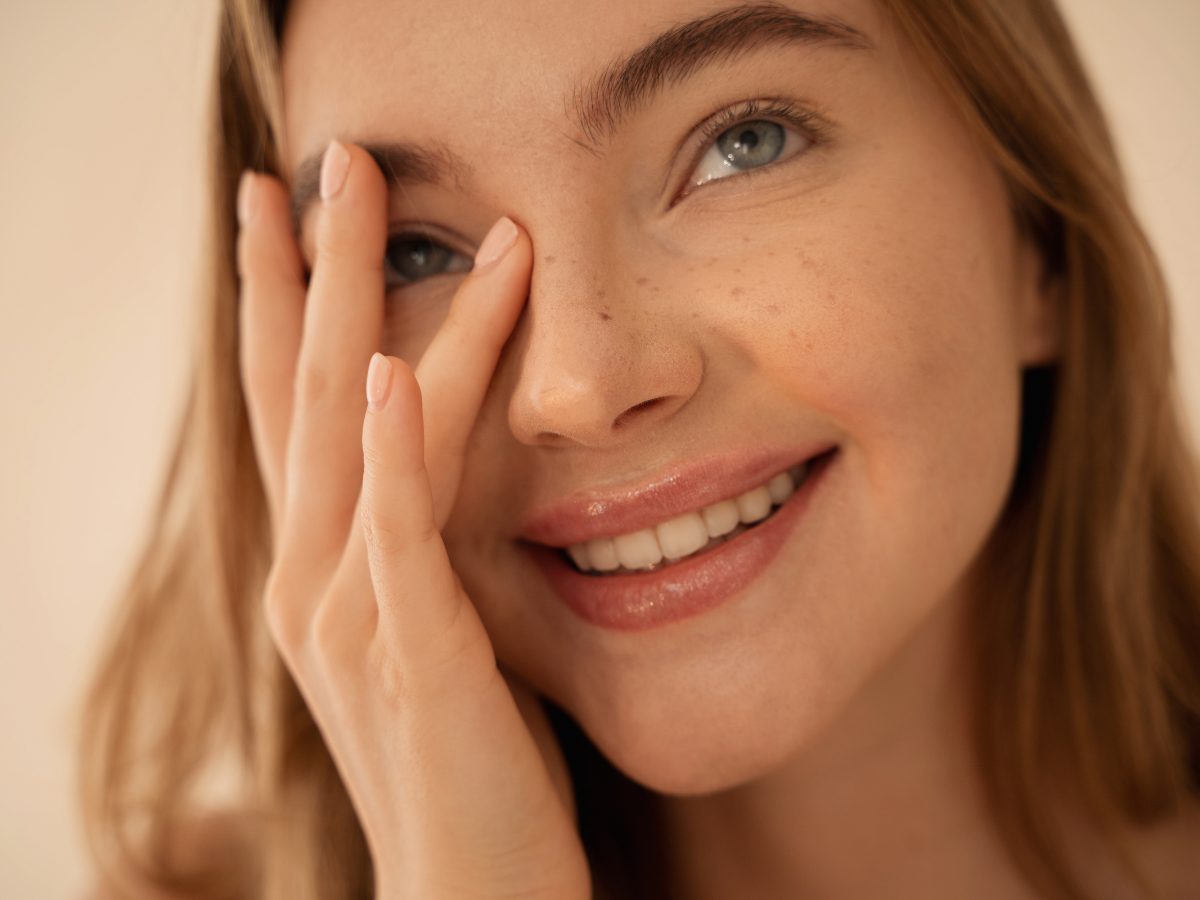
Always eagerly anticipated, Mintel has released its annual report on Global Beauty and Personal Care Trends, unveiling a vision for the future of beauty in 2025 and beyond. The report is underscored by three primary trends, as outlined below.
(My) Knowledge is Power
Consumers are shifting from labour-intensive beauty routines to smarter, more efficient practices, repurposing products—like self-tanners as bronzers and Vaseline for skin ‘slugging’—to maximise effectiveness with minimal effort.
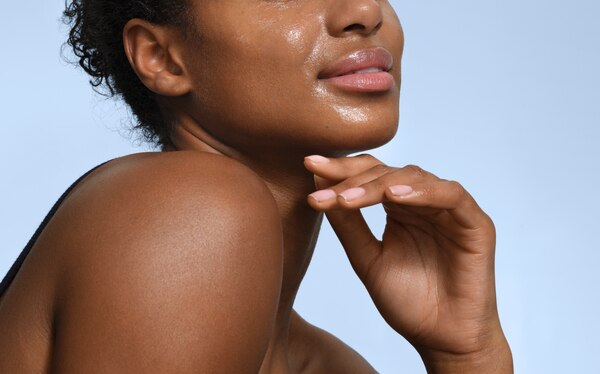
Key Highlights
- Social media is playing a crucial role in this transformation; influencers such as The Lipstick Lesbians were highlighted for demystifying beauty and simplifying product choices.
- This increased access to knowledge has empowered consumers to make more informed choices while normalising and increasing accessibility to professional treatments such as lasers and Botox among younger demographics seeking to optimise their appearance.
- As beauty’s new super consumer Generation Alpha matures, their familiarity with AI and virtual experiences is poised to reshape the beauty landscape. The report anticipates an increase in devices offering instant skin assessments, while AR glasses will integrate into everyday life, guiding makeup applications in real-time.
- With the normalisation of aesthetic procedures, products designed for pre- and post-treatment care will become essential in an increasingly ageing society.
- The rise of generative AI will foster virtual influencers on social media, resonating with younger audiences who value tailored advice over generic recommendations.
- In the next 18 months to three years, ingredient safety will gain priority, with consumers increasingly mindful of environmental factors like air and water quality.
- Beauty brands will begin to market products as health-focused, addressing concerns from parents and institutions over younger generations’ beauty obsessions.
Turning the Tide
As climate change intensifies, consumers are demanding eco-friendly practices, seeking a balance between effective beauty solutions and ethical standards. “Consumers are demanding products that not only deliver on performance but also prioritise environmental responsibility,” the report notes.
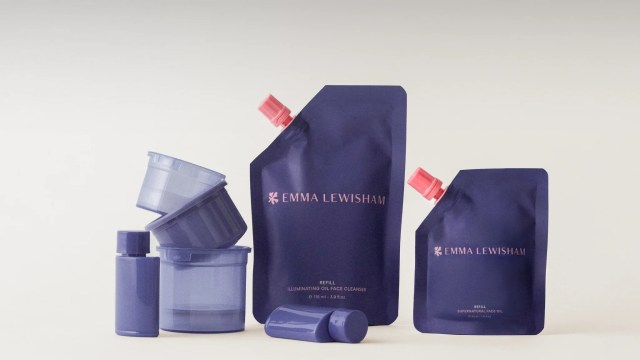
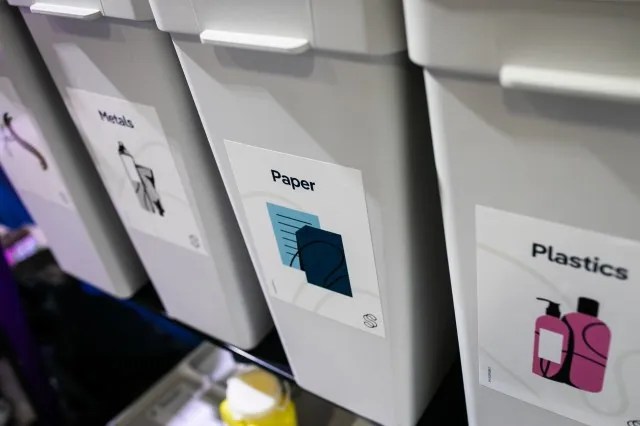
Key Highlights
- Brands will explore solutions rooted in sustainable practices, such as regenerative farming and responsible fishing, with innovative ingredients like lobster-derived glycoproteins becoming more commonplace.
- The use of biotech ingredients is on the rise, illustrated by collaborations like Debut and L’Oréal, which aim to create bio-identical materials that mimic natural resources sustainably. However, consumer awareness of such developments is low, presenting an opportunity for brands to enhance educational efforts.
- Refillable packaging is gaining traction as a strategy to reduce waste and foster repeat business.
- Looking ahead, techniques such as bio-pharming and advanced agriculture are expected to drive ingredient recycling, converting waste into valuable resources.
- Collaborative efforts between beauty and food industries may lead to zero-waste products that align with sustainable practices.
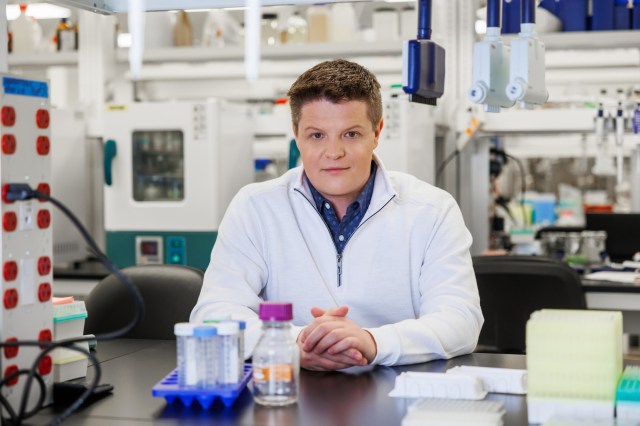
Think Slow, Move Fast
As consumers prioritise prevention over repair and embrace simplicity, they will begin their beauty ‘routines’ earlier in life, integrating nostalgic and sensory-rich experiences in pursuit of personalised skincare.

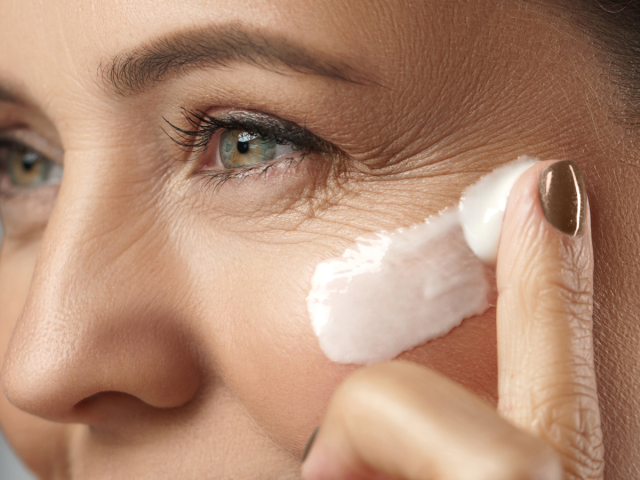
Key Highlights
- In contrast to the fast-paced beauty landscape, there is a growing inclination among consumers for a more thoughtful, long-term skincare regimen focused on prevention. This change stems from an increased understanding of the causes of skin ageing, such as UV exposure and environmental damage, and the importance of starting sunscreen routines from an early age.
- Consumer perceptions of anti-ageing are evolving from quick fixes to seeking products that offer gradual, sustainable results.
- By 2025, beauty will increasingly focus on emotional wellbeing and sensory experiences reminiscent of comfort foods.
- Exploring the intersection of neuroscience and beauty, brands are predicted to craft routines that evoke the tranquillity of nature through scent and texture.
- Companies will need to validate their offerings through scientific research and advanced ingredients.
- The rise of regenerative beauty will intertwine sustainability, mental health, and longevity, with companies like Acorn Labs potentially leading initiatives to empower consumers in rejuvenating their beauty from within as part of a holistic wellness strategy.
View the full report here.
